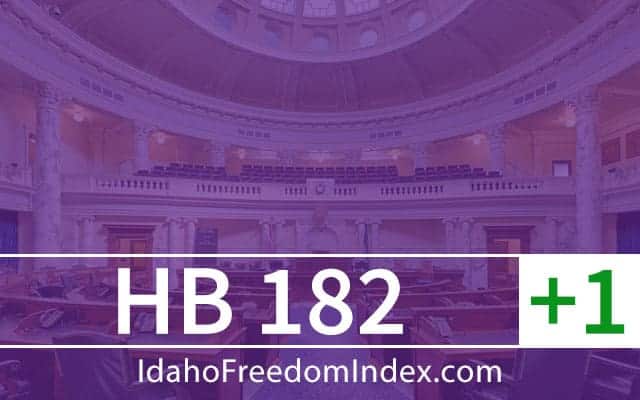


Bill description: HB 182 would allow pharmacists to prescribe a limited array of medications without having specific authorization from the Board of Pharmacy.
Rating: +1
Does it give government any new, additional, or expanded power to prohibit, restrict, or regulate activities in the free market? Conversely, does it eliminate or reduce government intervention in the market?
In 2017, with the passage of House bills 3, 4, and 191, pharmacists were given the authority to prescribe medications. HB 3 gave pharmacists the authority to prescribe tuberculin purified protein derivatives, HB 4 gave them the authority to prescribe tobacco-cessation products, and HB 191 gave them the authority to prescribe minor medications approved in rule by the state Board of Pharmacy.
In addition, drugs or devices approved by the state board can only be those that:
In 2018 the state board approved rules to allow pharmacists to begin prescribing a handful of these medications.
These rules allow pharmacists to prescribe three medications in emergency situations, medications for four minor conditions (to combat lice, cold sores, motion sickness, or UTIs) and five minor devices such as a nebulizer or blood sugar testing supplies. Additionally, pharmacists have limited authority to prescribe medications in specific instances, such as prior to travel or after a tick bite.
This bill would eliminate the requirement that the Board of Pharmacy must approve the specific prescription drugs through its rulemaking process. The four limitations already in statute would remain, leaving it up to pharmacists—using their substantial education, experience, and training—to determine if they should prescribe a minor medication. They would not have to wait for the affirmative approval of the state board for each individual medication.
By allowing pharmacists to prescribe any minor drug, without having to go through the state board, HB 182 will substantially reduce a barrier to expanding the prescribing authority pharmacists have. This would make the medications patients need more accessible by removing the need to go through a separate provider.
(+1)


